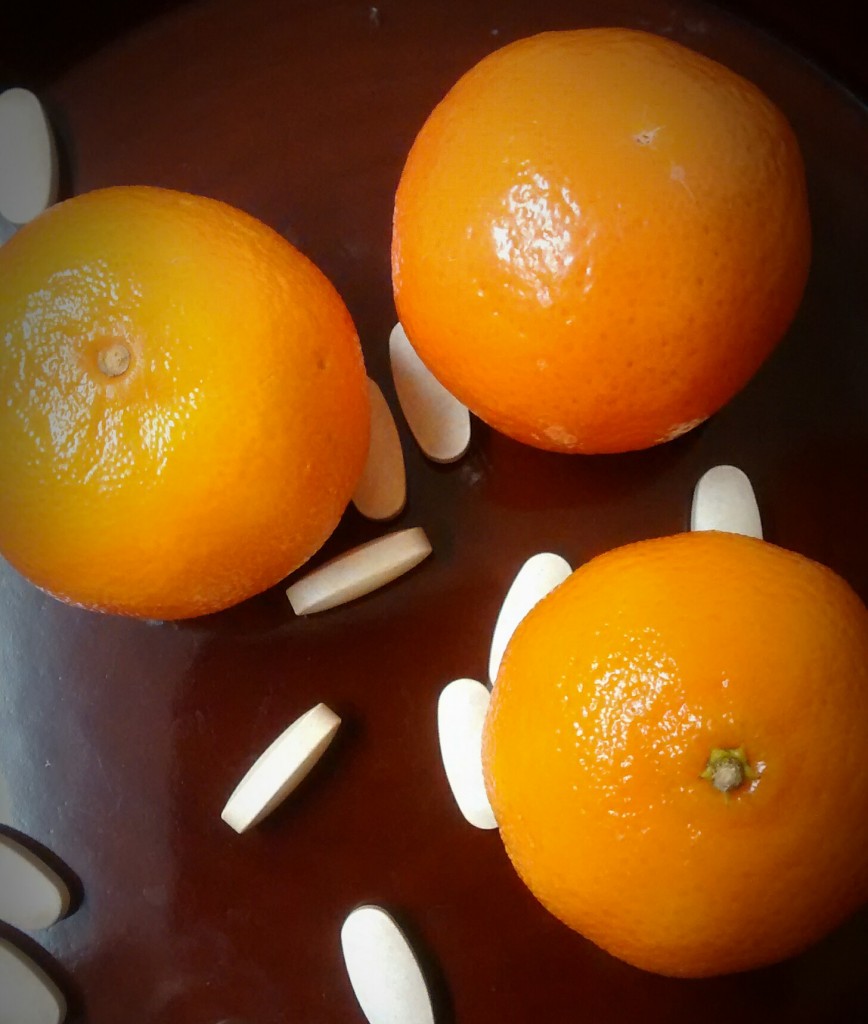
Increasing intakes of vitamin C to around 2500 mg per day increases plasma levels of vitamin C. Higher intakes probably do not cause benefit unless under particular stress.
Vitamin C supplements are controversial. Many claim that we acquire enough of the vitamin from foods. Others claim that vitamin C supplements are necessary because our foods are deficient. Even the Western diet contains enough vitamin C to prevent the deficiency disease scurvy, and this is the basis for the argument that the dietary vitamin C supplements are not required for good health. However, this only takes into the account of the collagen forming roles of vitamin C. Vitamin C can also influence the antioxidant capacity of cells because the vitamin functions as a water soluble antioxidant. Controversy arises because it is not known whether vitamin C supplements are required to optimise this antioxidant function. Recently a requirement for dietary supplementation of vitamin D has been established in the nutritional literature, despite decades of denial by the medical establishment. This has called into question the wisdom of those making decisions on safe and recommended levels of vitamins and the vested interest they may have.
Certainly vitamin metabolism in humans is well regulated and generally most vitamins have very wide safety margins for intake as well as exceptional safety records. Vitamin C supplements are no exception and supraphysiological intakes appear to cause no ill effects in humans. Indeed, many other mammals are able to synthesis such quantities, synthesis of which can increase substantially during times of stress. Vitamin C supplements in the grams amounts also appear to be safe during breast feeding because of the way the vitamin is concentrated in the milk. In one study1, researchers administered vitamin C supplements to 25 lactating women at a daily dose of 90 mg for 1 day followed by 250, 500 or 1000 mg for 2 days. The highest dose of vitamin C in this study was about 10 fold greater than the RDA for the vitamin. When the authors analysed the milk of the infants and calculated their vitamin C intake, they found that even the 1000 mg vitamin C supplement did not influence the vitamin C content of the milk or the intake of the infant.
Therefore vitamin C supplements are safe during breast feeding because regulatory mechanisms are in place to prevent increases in the vitamin C content of milk. This stabilises the intake or the infant and ensures an adequate vitamin C intake, suggesting that safety is not an issue with vitamin C supplements even during breastfeeding. That the urinary excretion of the women increased does however suggest that plasma levels had risen substantially. The myth that the diet can supply adequate vitamin C is based largely on studies showing a ‘plateau’ to plasma levels at vitamin C intakes of 80 to 100 mg. However, such studies have been questions for poor methodology and biased interpretation of the results. In fact. doses of up to 2500 mg per day in repeated doses does maintain higher plasma levels than single doses in the 100 mg per day range2, suggesting that vitamin C supplements can raise plasma levels. The increased excretion of vitamin C in the breast feeding mothers with increased dosage of vitamin C supplements supports this view.
While pharmacokinetic studies are interesting, they do not provide practical advice to those wishing to optimise vitamin C intakes. Luckily however, there is a practical method that allows estimation of the required amount of vitamin C supplements. This is based on the fact that vitamin C intake is regulated at the intestinal level. High intakes of the vitamin can reduce relative absorption rates and cause some of the vitamin to remain in the intestinal tract. Absorption can fall to around 15 % at high intakes and this can cause the vitamin C to pass to the colon, Here it is metabolised by the microflora of the gut. Any unmetabolised vitamin C in the colon can cause an osmotic effect that leads to loose stools. Therefore increasing intake can allow a rough determination of the maximal limit for vitamin C supplements based on gut tolerance. During times of stress the tolerance of the gut can increase considerably because of higher absorption rates due to increased cellular requirement of the vitamin.
